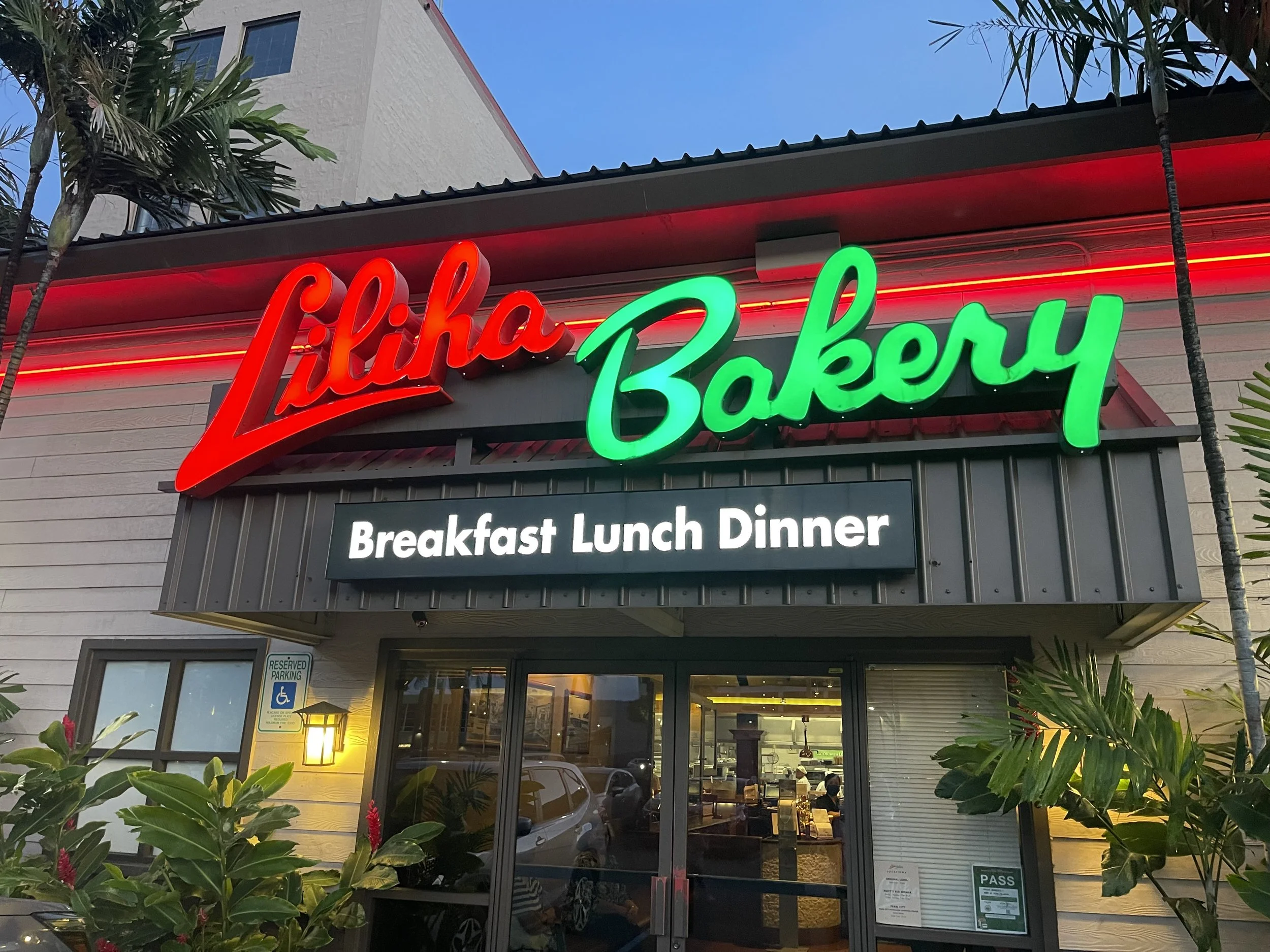Three people lectured me on microaggression as ‘woke,’ judging ‘mild comments’ as racist
Photo: Gerald Farinas.
The initial incident at Liliha Bakery was heavy enough, forcing me to break my own rule and bring my professional advocacy work into a personal setting.
The racist comment, the staff's collective laughter, and the sense of betrayal from my own Ilocano community created a powerful moral imperative to speak out.
Yet, in the aftermath, as I shared my experience on my platforms, the pushback I received from white voices on the mainland added a chilling layer of secondary harm.
In at least three separate instances, I was met with the same dismissive lecture: that the term “microaggression” is a made-up, “woke” word designed to create racism out of simple jokes.
The feedback suggested I was choosing to be offended, deliberately weaponizing language to police mere comments. This mainland dismissal, detached from the communal realities of Hawai`i, fundamentally misrepresents the nature of racial harm.
To those who suggest I "choose" to be offended, it is crucial to understand that a microaggression is not a joke gone wrong or an individual's poor choice of words that I can simply ignore.
Microaggression is a subtle, often unintentional, but highly effective daily imposition of racism.
Sociologically, microaggressions are defined as brief, commonplace daily verbal, behavioral, or environmental indignities, whether intentional or unintentional, that communicate hostile, derogatory, or negative racial slights and insults toward people of color.
The staff member who deployed the slur "Tanga-log" against a Black woman who attempted to connect through language was not engaging in harmless banter. That comment, a blend of linguistic snobbery and racial bias, communicated a specific, hostile message, Your attempt to belong is invalid, and your competence is worthy of ridicule.
The real harm of microaggressions is their cumulative effect, often described as "death by a thousand cuts."
Unlike a singular, overtly racist event, microaggressions function as constant, low-level stress agents. They force the recipient into a state of perpetual vigilance, creating what is known as cognitive load—the mental energy spent deciphering if an insult was intended, whether it is safe to respond, and how to minimize personal fallout. This constant stress has documented psychological and physical health consequences.
Furthermore, these "jokes" reinforce systemic injustice. When the mainland voices minimize my critique, they are not only invalidating my experience but also protecting the status quo.
They minimize the harm done to the African American patron and dismiss the necessity of internal accountability within AAPI spaces.
In my professional life, I see how unchecked racial rhetoric quickly escalates into real-world violence, such as the hate-fueled killing of the Chinese father in Chicago. Minimizing the "small" acts of bigotry simply creates a permissive environment for the larger ones.
My decision to speak up was not about choosing to be offended. It was about refusing to be silent while the Culture of Aloha—the very essence of what makes Hawai`i sacred—was being systematically destroyed by the very people who claim to represent it.
It was about upholding my commitment to justice, even when it meant defending a Black patron from the prejudice of my own people.
Those who minimize the harm from the mainland fail to grasp that the constant invalidation is simply an added cut in the long history of fighting for dignity.

